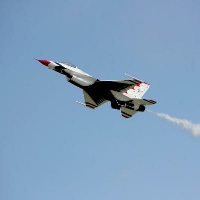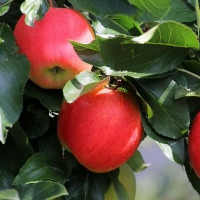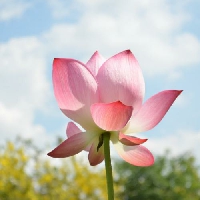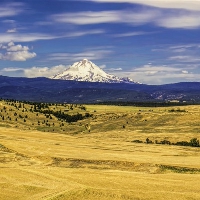Gains outweigh losses means that the gains cannot compensate the losses.
Origin: It comes from "He Zi Yu Yu Yu Yu Ri Jian Ji" by Su Shi of the Song Dynasty.
Original text: Bo Guan drives me to the west, and we should never regret it.
1. If you worry about the future, you will be far away.
2. Although Qianghuan has wine, it cannot be served in cold.
3. In Qin Dynasty, only mutton soup was cooked, and in Gansu cuisine, there was bear wax.
4. When you read it as a child's age, your fingers are bent.
5. What is the pursuit of the past? Suddenly, it seems that the arrow has been released.
6. If you feel the sorrow of the time, you will never lose what you have gained.
7. The government soldiers came to drive Nuo away, and they were hale and hearty to frighten the faraway guests.
8. Sorrow comes with no evil. It bothers you.
9. Cold plum and frozen apricot, the tender calyx looks like wheat at the beginning.
10. Climbing is melancholy, when will the jade stamen fold.
11. Don't worry about the late spring, and abandon the summer nuclear.
12. Enjoy your life and use your reputation.
13. Hu is the only one who has more feelings than the cream.
14. Poetry is bitter but broad, and its meaning is far away.
15. Yiyi sees his face, and the suspect is close at hand.
16. Although you are a small official today, I am honored to assist you.
17. It was chiseled near the north pool, and there is water green in it.
18. Drink good wine near the pond, and you can still disappear forever.
19. However, for fear of weak poetic power, Dou Jian is not immune.
20. When the poem comes ten days later, who calls it a thousand miles apart.
21. Send an article in January. Worry is not worth throwing away.
22. Gains outweigh losses synonyms: penny wise and pound foolish.
23. The antonym of "gains outweigh losses" is "begging for milk and wine", which is twice as good as the market ".










